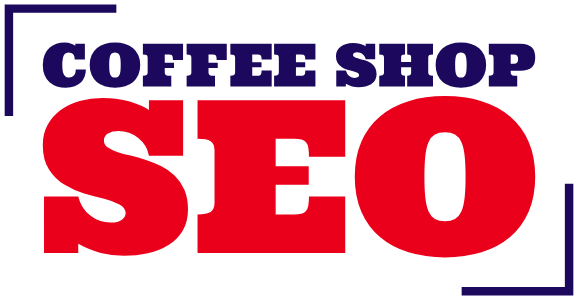Introduction:
In today’s digital age, businesses must go beyond traditional marketing strategies to remain visible and competitive. AI and SEO Smart Marketing combine the power of artificial intelligence with search engine optimization to create more efficient, data-driven campaigns that drive meaningful results. By leveraging AI tools for keyword analysis, content creation, and performance monitoring, businesses—especially local service providers like coffee shops—can enhance their online presence, attract more targeted traffic, and improve customer engagement. This guide explores key methods and strategies for implementing AI-powered SEO to help your business grow smarter, not harder.
Leverage AI for Keyword Research:
AI tools such as ChatGPT, SEMrush, and Surfer SEO can analyze search trends and identify high-performing keywords with greater precision than manual methods. These tools use algorithms to study user behavior and competitor data, offering keyword suggestions that align closely with real search intent. Incorporating these insights into your website content ensures that you’re targeting the terms your audience is actively searching for, increasing your chances of ranking higher on Google.
Automate On-Page Optimization:
AI-powered SEO platforms can automatically audit and optimize on-page elements such as title tags, meta descriptions, image alt texts, and internal links. These automated adjustments ensure your content aligns with search engine algorithms and best practices. By streamlining technical tasks, AI reduces the time spent on manual SEO work and helps maintain consistent performance across your website.
Use AI for Smart Content Creation:
Content is a key driver of SEO success, and AI tools can assist in generating high-quality, relevant content at scale. Platforms like Jasper, Writesonic, and ChatGPT can produce blog posts, service descriptions, and FAQs optimized with your target keywords. This allows you to keep your site updated with fresh content regularly, improving user engagement and satisfying search engine algorithms that prioritize active, informative websites.
Enhance User Experience with AI Tools:
AI doesn’t just help with SEO—it also enhances the user experience, which is a growing factor in search rankings. Chatbots can offer instant support, while AI-based personalization tools can recommend content, products, or services based on user behavior. These features keep visitors on your site longer and increase conversion rates, both of which contribute positively to your SEO efforts.
Implement Predictive Analytics for Campaigns:
With AI-powered analytics, you can anticipate search trends, user needs, and traffic fluctuations before they happen. Predictive tools analyze historical data and current user interactions to forecast what content or campaigns will perform best. This allows marketers to make informed decisions, allocate budget more effectively, and capitalize on opportunities before competitors do.
Use AI to Monitor SEO Performance:
AI tools can track keyword rankings, user behavior, bounce rates, and backlink profiles in real-time. With automated reporting, marketers can spot issues faster and identify growth opportunities without spending hours on manual analysis. This allows for rapid adjustments and continuous improvement of SEO strategies, ensuring long-term success and consistent growth.
Streamline Local SEO Management:
AI can simplify local SEO by automating business listing management, review monitoring, and geo-targeted keyword optimization. For brick-and-mortar businesses like coffee shops, this means consistently appearing in local map packs, earning more Google reviews, and maintaining accurate online profiles—all crucial for attracting nearby customers.
Generate SEO-Friendly Visual Content:
Search engines now prioritize visual content like videos and infographics. AI tools such as Canva AI and Pictory can create SEO-optimized visual content quickly and affordably. When paired with descriptive alt text and schema markup, these visuals can improve page rankings and user engagement, especially on mobile devices.
Integrate Voice Search Optimization:
As more users rely on voice-activated assistants like Siri, Alexa, and Google Assistant, optimizing content for voice search has become critical. AI helps adapt your content into natural, conversational formats that align with how people speak, increasing the chances of being featured in voice search results or Google’s featured snippets.
Combine AI with Paid Search Strategies:
AI-powered SEO can also inform your PPC strategies. By identifying the most effective keywords and high-converting content, you can refine ad targeting and improve return on investment. Integrating SEO data into your paid campaigns creates a unified marketing approach that maximizes visibility across both organic and paid channels.
Conclusion:
AI and SEO Smart Marketing are transforming how businesses grow online. By combining artificial intelligence with search engine optimization, you can automate tedious tasks, improve targeting, and make smarter, data-driven decisions. Whether you’re managing a coffee shop, a local service business, or an eCommerce brand, adopting AI-driven SEO strategies ensures you’re staying ahead of the curve. Embracing these innovations leads to improved search rankings, higher traffic, better engagement, and ultimately, more revenue. As competition intensifies online, now is the time to upgrade your marketing with AI and SEO smart solutions.

